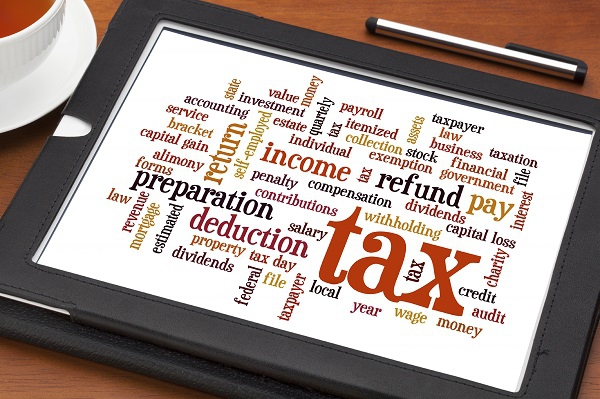With the upcoming referendum on everybody’s minds, we thought that it was important to take an impartial look at how the results of the vote could affect UK contractors and freelancers. As with every complex political situation, there are certainly pros and cons on both sides – and whichever way the general public decides to vote on June 23rd, there will most likely be some sort of impact on the way that you operate.
At ICS Accounting, we feel that it’s always important to base this sort of analysis on the facts of the situation, so we will be considering some of the key points of data relevant to the flexible workforce. That said, the opinions of key experts can also be judicious, so we will also share some commentary from public figures from both sides of the debate.
Impact on Trade
One of the big debates of the referendum is how an exit from the EU will alter trade relationships between the UK and other member countries. At the moment, we benefit from a free market with other EU countries and, although it is unlikely that leaving the union would make it impossible to trade with these countries, it would necessitate a period of renegotiation – meaning it could take longer to strike deals and, potentially, both limiting the countries that UK businesses can trade with for a period of time, and increasing the costs associated with doing so.
That said, Contractor Weekly remind us that there is money to be saved if we do leave the EU, which ‘could be used, in part, to supporting small businesses and entrepreneurship, and with more freedom, would open up more options for the UK’s global trade.’ This means that the real impact depends on the countries that your industry is looking to trade with – since current trade deals with the rest of the world are negotiated by the EU and not by the UK, it may be possible to get a better deal if operating independently.
How well the UK comes out of these trade deals will almost certainly affect flexible workers, since businesses need solid trade agreements to flourish, and without flourishing businesses, demand for contractors and freelancers could well fall.
Impact on Rules and Regulations
One of the biggest motivations behind the leave campaign is the desire to cut what they see as ‘red tape’ that is said to tie up businesses and stop them from operating as effectively and efficiently as they otherwise might. The ‘red tape’ refers to regulations which are designed to help both businesses and consumers in a number of ways; they can ensure that products sold internationally meet the standards of the countries that they are exported to, for instance, and also give consumers the security of knowing that their purchases are safe and fit for purpose.
Some big-name companies are starting to feel that the regulations have become excessive, costing businesses money and time, and are ‘unnecessary’. Business professionals such as Sir James Dyson have claimed that they can be damaging to certain industries; Sir Dyson stated that ‘we get the old guard and old technology supported and not new technology’, suggesting that they can even inhibit progress.
For contractors and freelancers, this can mean that UK companies are not growing quickly enough to have demand for their skills. This said, we have seen the flexible workforce continue to grow in recent years – the question is whether less red tape could stimulate even more growth.
Impact on Travel

For those of you who choose to offer your services to companies in other EU countries, changes to the free movement of people could also mean changing the way that you operate – although you may still be able to work abroad, it would be a far more complex process.
Impact on Taxes

At this point, it is very difficult to know exactly what tax changes will come after the referendum, but almost everybody agrees that if the UK chooses to leave, there will have to be significant alterations. The Vote Leave campaigners are suggesting that it may be possible to reduce some taxation costs – however the message from the Government has been quite clear: tax costs will stay lower if we choose to remain in the EU.
George Osborne has laid out plans for an emergency budget to potentially be implemented in the case of a leave vote, which includes increases to both basic income tax, and higher rate income tax – accompanied by spending cuts to address what Osborne suggests will be a £30 Billion ‘black hole’.
What we do know is that as an industry we are well equipped to deal with change, so regardless which way the vote goes ICS will continue to support flexible workforce, ensuring you are receiving a first class accountancy service that is tailored to your specific needs. To talk through your options, chat to us online or call on 0800 195 3750, and a member of the team will be more than happy to talk it through with you.
















